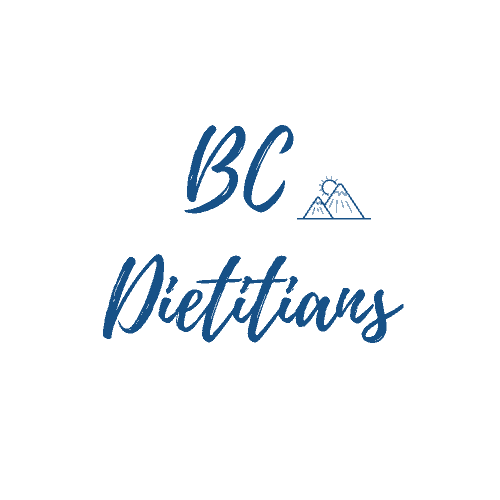If this is the case, then you may be overlooking some of the subtle causes of emotional eating.
When you think of emotional eating, you might picture a lot of tears + ice cream after a break-up but emotional eating isn’t always so obvious or dramatic! In this post, we’ll discuss some of these potential triggers and offer ways to help you overcome them.

Letisha Hodges, RD
Emotional eating when you are sleep deprived
- One meta-analysis found that participants ate ~253 calories daily on average during a 2-week sleep restriction compared to their normal sleep schedule (1).
- Another meta-analysis found that reducing sleep to 5 hours or less per night resulted in an increase of 200 calories per day (2).
Poor sleep is thought to increase hunger & calorie intake through a decrease in leptin (a hormone that suppresses appetite) and an increase in ghrelin (a hormone that stimulates appetite).
Poor sleep has even been linked to weight concerns where each hour of sleep reduction compared to 7 hours of sleep per night is associated with a 9% increase in obesity risk (3). - increased activity in our brain regions for pleasure/reward = encouraging foods higher in calories, sugar, fat, and/or salt
- more opportunities to eat throughout the day or evening (if you are staying up later at night)
Not only does comfort foods release more pleasure chemicals (dopamine), but these foods are also easier to eat in larger portions as they are not often filling (such as chips, ice cream, or chocolate).
Emotional eating when you're alone
Emotional eating when you are bored
- you are doing “something” but you do not find fulfillment in this activity such as watching TV will scrolling on your phone/falling asleep
- you are busy but not effective so you struggled to fit in other activities that are exciting or engaging (p.s. if you feel like you are always working, you might not be as efficient in your tasks which takes more time and leaves less time for yourself)
- you miss the subtle cues of boredom like feeling empty, listless, frustrated, unsatisfied, and searching
- you are not in touch with your true desires or needs in life (boredom is masking this) or you struggle to prioritize your own needs
- it’s related to mental health concerns such as depression or trauma and some people would benefit from seeing a counsellor or psychologist
Emotional eating when you are feeling guilty
- An example of unhelpful guilt that I see is when a client is unable to meet an unrealistic expectation with their nutrition or lifestyle goals so they think “My diet is ruined so I may as well start on Monday”.
- An example of shame that I see with when a client is unable to meet goals or expectations which their brains use as “proof” of why they are a failure or not good enough.
In order to combat this, I love to help clients repair their relationship with food and trust in themselves before we focus on any goals for body composition changes in order to improve their ability to get and maintain their hard-earned results!
Emotional eating to punish yourself
yourself for breaking a strict diet rule, missing exercise goals, or self-hatred. If you eat food (type or quantity) to feel sick or in pain, you may be eating to avoid treating yourself with care, love, or kindness.
If you eat to feel bad, you may be acting in accordance with the beliefs you have about yourself (i.e. you are “bad” or “unworthy”).
others for trying to control you or your body.
For example, if you have a spouse or parent who wants you to lose weight and makes a lot of negative or passive-aggressive comments about your food choices and lifestyle, you might eat to show your independence or punish them for even trying to control you.
In the meantime, it can be great to start practicing self-compassion (although it is not a cure and I still recommend therapy)!







Add a comment